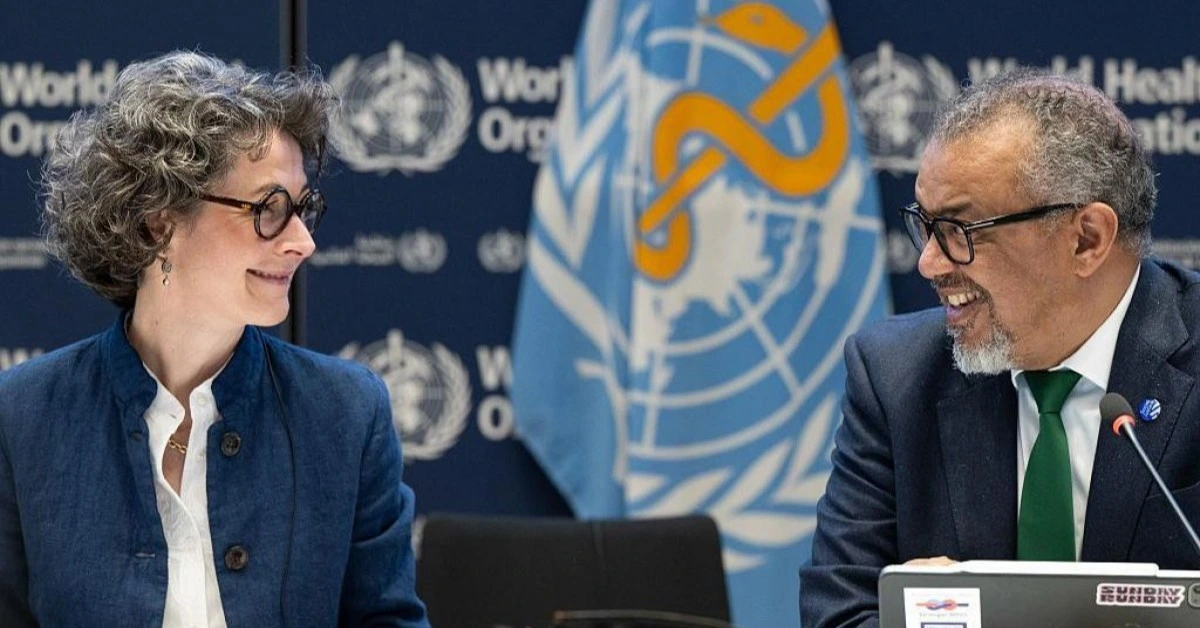
SWITZERLAND – Member states of the World Health Organization (WHO) have agreed on a draft treaty to better prepare for and respond to future pandemics.
This new Pandemic Agreement is set to be formally presented during the upcoming World Health Assembly in May.
The agreement is the result of three years of intense negotiations and reflects growing international commitment to working together after the global lessons learned from COVID-19.
Despite challenges such as dwindling US financial support and criticism of the WHO from political figures like U.S. President Donald Trump, nations have managed to come together around a shared goal—global pandemic readiness.
“This consensus shows the world can still unite to face shared threats,” said WHO Director-General Dr. Tedros Adhanom Ghebreyesus. “This treaty is a generational opportunity to make the world safer.”
At its core, the treaty aims to strengthen collaboration among countries. It proposes building stronger international systems for disease surveillance, sharing pathogens and their benefits fairly, and ensuring more equitable access to vaccines and treatments.
The plan also calls for a global health emergency workforce and expanded research capacity, especially in underrepresented regions.
Another key proposal is the creation of a global funding mechanism that would provide timely financial resources to tackle health emergencies.
This comes at a time when the WHO is grappling with financial uncertainty, particularly as the United States—the agency’s largest funder—has announced plans to withdraw in 2026.
Cuts to USAID, a key global health partner, are also affecting long-term healthcare programs worldwide.
However, the treaty is not without its critics. Some countries and civil society organizations have voiced concerns over potential overreach by WHO and the impact on national sovereignty.
In response, WHO has clarified that the treaty does not give it power to override national laws or enforce mandates on issues like lockdowns or vaccine requirements.
The pharmaceutical industry has also weighed in. The International Federation of Pharmaceutical Manufacturers and Associations (IFPMA) warned that certain parts of the treaty could undermine innovation if intellectual property rights are not protected.
“We need to ensure the private sector remains motivated to invest in future solutions,” IFPMA said in a statement.
Human Rights Watch and other advocacy groups have urged governments to prioritize transparency and human rights in implementing the treaty. They caution that protecting people must come before protecting profits.
Despite the debate, global health experts say this treaty marks a step in the right direction.
XRP HEALTHCARE L.L.C | License Number: 2312867.01 | Dubai | © Copyright 2025 | All Rights Reserved